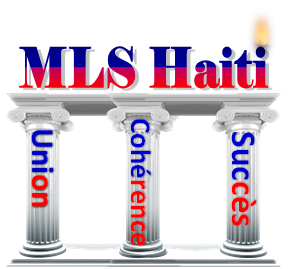Content
Be honest and straight-forward when sharing the Oxford House concept with others. The situation should be avoided whereby certain individuals will begin to equate their persuasive qualities with the Oxford House concept. Repayment from those start-up loans assures the continuation of the revolving fund to enable other new houses to get started — just as repayment of loans to chapters permits the same resources to be used again and again. Each Oxford House should be financially self-supporting although financially secure houses may, with approval or encouragement of Oxford House, Inc., provide new or financially needy houses a loan for a term not to exceed one year. Oxford House North Shore located in Absecon, NJ provides sober housing for women.
As a general rule formal AA or NA meetings are not held in an Oxford House member who has maintained comfortable sobriety in an Oxford House makes it a practice to attend a lot of AA and/or NA meetings on a regular basis. One can only be dismissed from an Oxford House because of drinking, using drugs, non-payment of rent, or disruptive behavior. oxford house rules Every opportunity should be given to a member who needs professional help to see that he obtains it. The charter of each Oxford House requires that an Oxford House meet certain minimum requirements of Oxford House, Inc. First of all, no Oxford House may permit individuals to remain as members if those individuals are drinking or using drugs.
Social
With Oxford House there is no need for a recovering individual to live in an environment dominated by loneliness. Limited research is also available comparing Oxford Houses versus more traditional recovery homes, which also tend to have supervising staff and less democratic self-governing principles. Harvey recently found that Oxford House residents had higher scores on social climate scales Involvement, Support, and Practical Orientation, Spontaneity, Autonomy, Order and Organization, and Program Clarity measures compared to a traditional recovery home. This study did not provide outcome data regarding residents’ experiences living in these recovery communities. Few methodologically sound studies have emerged in the area of traditional recovery homes.

Recidivism rates within one year following treatment are high for men and women, and 52–75% of all alcoholics drop out during treatment (Montgomery et al., 1993). We also believe that Oxford Houses and other community-based support system provide social scientists with rich opportunities to explore a vast array of psychological and sociological constructs. In fact, Oxford House creates an environment whereby each member can more fully realize the benefits available from active AA or NA membership. A house full of sober, recovering alcoholics and drug addicts invites informal AA or NA “meetings after the meeting” and each day finds many informal AA or NA meetings before individual members each go off to their regular AA or NA meeting.
Rescued Lives
Houses that remained open had significantly higher incomes of residents than houses that eventually closed. No other significant differences were found between the two groups of houses, including sense of community among residents, neighborhood or policy characteristics, and house age. It appears that adequate house income seems to be a necessary factor for houses continuing to function over time. There were only seventeen American Indian participants in our national NIDA study (Kidney, Alvarez, Jason, Ferrari, & Minich, 2009). Nevertheless, American Indians were no more likely to report more severe substance use, psychological problems, criminal histories, or lower incomes than other groups.


